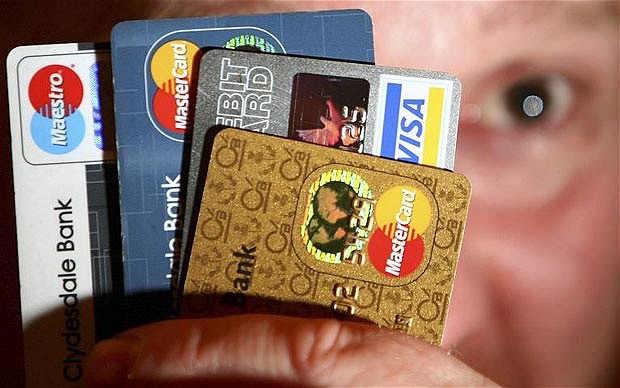How Times And Views Have Changed
The Evolution of Perspectives on Debt
There was a time when the notion of having debts was akin to a social taboo. Discussing personal debt was almost unthinkable, much like a forbidden secret. People would shy away from admitting their financial liabilities, maintaining a façade of stability even when hidden beneath substantial debts. This perspective, deeply ingrained in society’s fabric, painted debt in a negative light, akin to a personal failure. However, as times have progressed, so have views on debt. Today, the conversation around debt has evolved significantly, reflecting a more nuanced understanding of its role in modern life.
Understanding Debt in Today’s Context
In the current era, debt is no longer a subject shrouded in secrecy or shame. It has transformed into an accepted aspect of life, especially in a world driven by consumerism and the need for financial flexibility. This shift in perception has had several positive outcomes. One notable change is how responsible individuals on lower incomes now have the opportunity to spread the cost of necessary expenditures, making essential goods and services more accessible. This approach to debt as a tool for financial management and inclusion marks a significant departure from the past.
The Need for a Balanced View of Debt
However, this acceptance of debt does not come without its pitfalls. The real challenge lies in managing debt effectively. It’s essential to differentiate between various types of debt. Understanding the difference between manageable and unmanageable debt, or necessary and unnecessary debt, can guide individuals in making informed decisions. This nuanced view helps in recognizing when debt is a viable option and when it may lead to financial strain.
Striking a Balance Between Old and New Perspectives
It’s crucial to strike a balance between the old and new perspectives on debt. The traditional view, which often stigmatized debt, might have been too harsh and unrealistic. Conversely, the modern, more relaxed attitude towards debt can sometimes lead to financial recklessness. A middle ground, focusing on debt awareness and responsible borrowing, seems to be the most prudent approach. Emphasizing the importance of financial literacy and prudent decision-making can help individuals navigate the complexities of consumer debt.

Debt Awareness: The Key to Financial Health
The crux of the matter lies in debt awareness. Being aware of one’s financial situation, understanding the terms of debts, and recognizing one’s capacity to manage debts are essential skills in today’s world. This awareness extends beyond mere knowledge of interest rates and repayment schedules. It encompasses a comprehensive understanding of personal financial health and the impact of debt on long-term financial goals.
Practical Advice for Managing Consumer Debt
In the context of consumer debt, it’s vital to offer practical advice. Firstly, individuals should assess their necessity for incurring debt. If a debt is unavoidable, such as for a mortgage or education, it’s essential to plan for it responsibly. Budgeting plays a crucial role in this process, as it helps in understanding one’s financial limits. Additionally, individuals should explore various options and choose the one with the most favorable terms.
Avoiding Unmanageable Debt
The key to avoiding unmanageable debt lies in restraint and foresight. Impulsive borrowing for non-essential expenses can quickly lead to a debt spiral. It’s important to differentiate between wants and needs, and reserve borrowing for the latter. For those already in debt, creating a structured repayment plan is crucial. This may involve prioritizing debts, negotiating with creditors, or seeking professional financial advice.
The Role of Financial Education
Financial education is pivotal in changing how we view and handle debt. By educating individuals about the nuances of different types of debt and effective management strategies, we can empower them to make smarter financial choices. This education should be accessible to all, ensuring that every individual has the tools to manage their financial future effectively.
Conclusion
In conclusion, our approach to debt has evolved considerably over time. Today, we understand that debt, when managed wisely, can be a useful tool. However, uncontrolled debt can have severe consequences. Striking the right balance, fostering awareness, and promoting financial education are key to navigating the complex world of consumer debt. As society continues to evolve, so will our understanding and management of debt, hopefully leading to a future where financial stability and health are achievable for all.
Editor note: Updated on 12/5/23
© 2015-2023 by burdenofdebt.com, a LIVenture. All rights reserved. No part of this document may be reproduced or transmitted in any form or by any means, electronic, mechanical, photocopying, recording, or otherwise, without prior written permission of LiVentures LLC.






